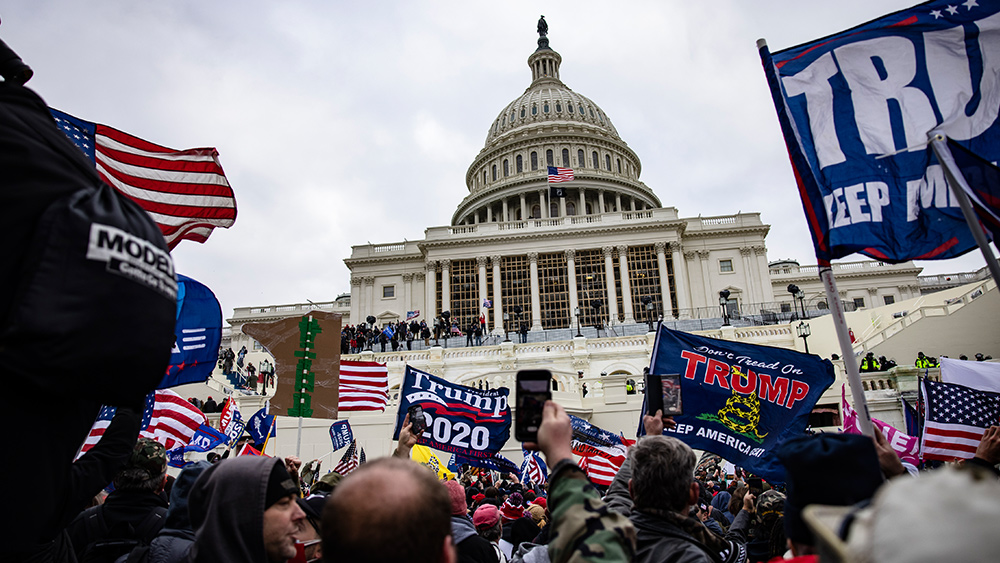 Parler
Parler Gab
Gab
Russwurm: Bureaucracy working to Germany's detriment
The BDI president asserted that "innovation is our strongest tool and one that we have always mastered really well in Germany. But he warned that this is being prevented by high standards of bureaucracy, which is keeping foreign investment away. He reiterated this in a separate interview with the Merkur news site. According to Russwurm, Germany's present economic recession has been "self-made" as the nation has "burdened itself with too many obstacles." "The biggest problem is that we have gotten ourselves wrapped up in a knot of bureaucracy, regulation, and oversight that is overwhelming and making us far too slow," the BDI president said. "If we focus on innovation, and we have to, then it can't stay that way. Innovation always has something to do with progress, with speed. There is a massive lack of that." He forewarned that Europe has become "way too bureaucratic" and that what has grown in recent years at all areas of government "is far too complicated and crippling" for industry. Endless bureaucracy in companies caused by exorbitant reporting requirements and authorities that evaluate the reports has resulted in a complete disproportion between effort and added value. Russwurm maintained that "there is no knowledge deficit," but a lack of "courage to break outdated rules" when questioned about the federal government's answer to his worries. He warned that without innovations, Germany will lose its competitiveness. Ultimately, he commented that Germany urgently needs a more opportunity-oriented attitude toward innovation, adding: "It's not about ignoring risks, it's about enabling opportunities." Follow GreenNewDeal.news for more stories about Germany and the EU's push for so-called green energy at the cost of their economies. Watch this video about the economic recession happening in Germany and other parts of the EU. This video is from the MEGA (Make Earth Great Again) channel on Brighteon.com.More related stories:
Germany halts gas car ban, prompting EU ire and false accusations of “blackmail” against Green Deal and Net Zero agenda. German gov’t plans to subsidize UP TO 80% of energy costs for certain industries. Green energy flop is costing Europeans big time: Prices spiking amid shortages as winter’s cold hits. Sources include: RMX.news Brighteon.comBrits who disagree with “climate crisis” to be sent off to PRISON
By Ethan Huff // Share
Governments continue to obscure COVID-19 vaccine data amid rising concerns over excess deaths
By patricklewis // Share
Tech giant Microsoft backs EXTINCTION with its support of carbon capture programs
By ramontomeydw // Share
Germany to resume arms exports to Israel despite repeated ceasefire violations
By isabelle // Share










